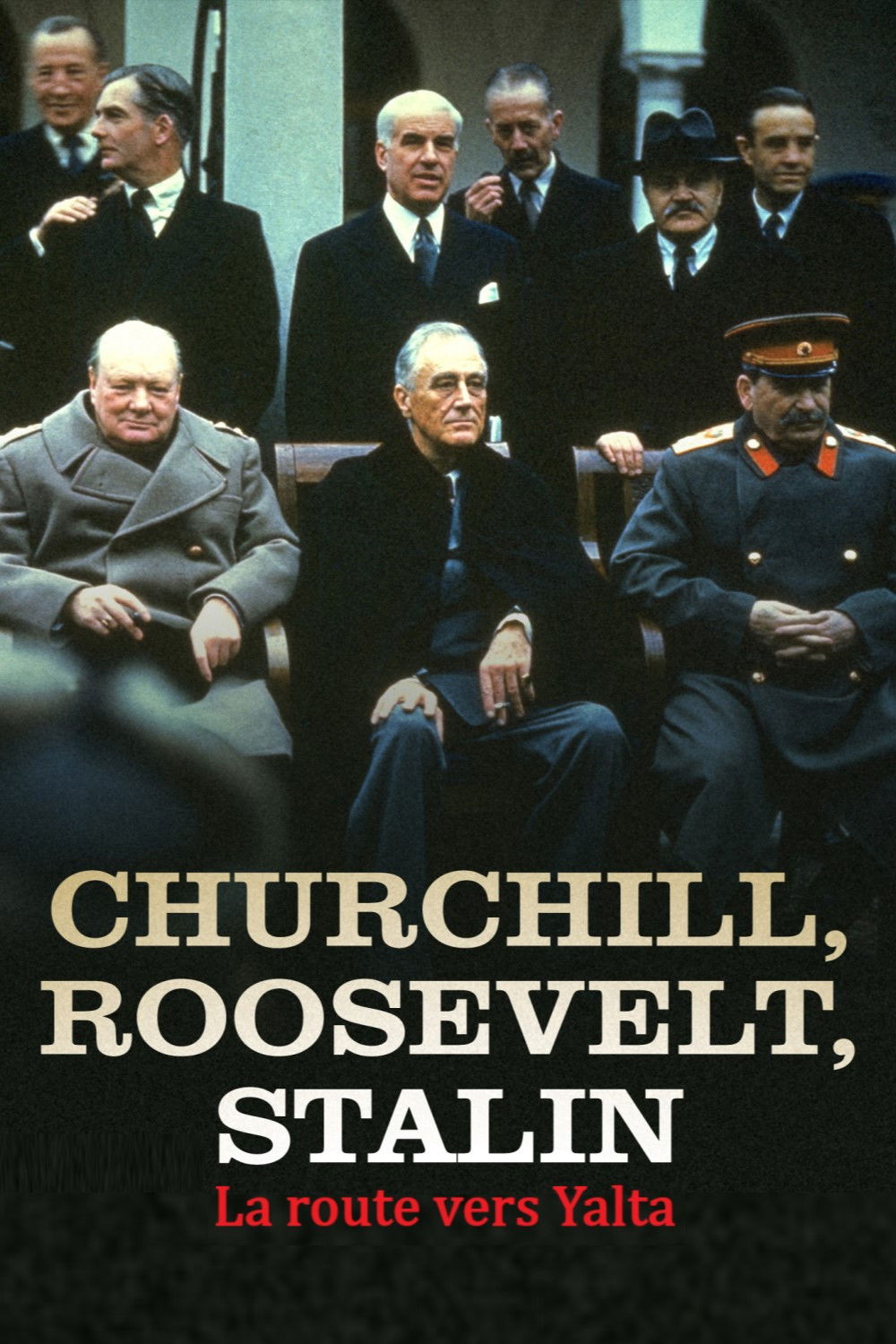

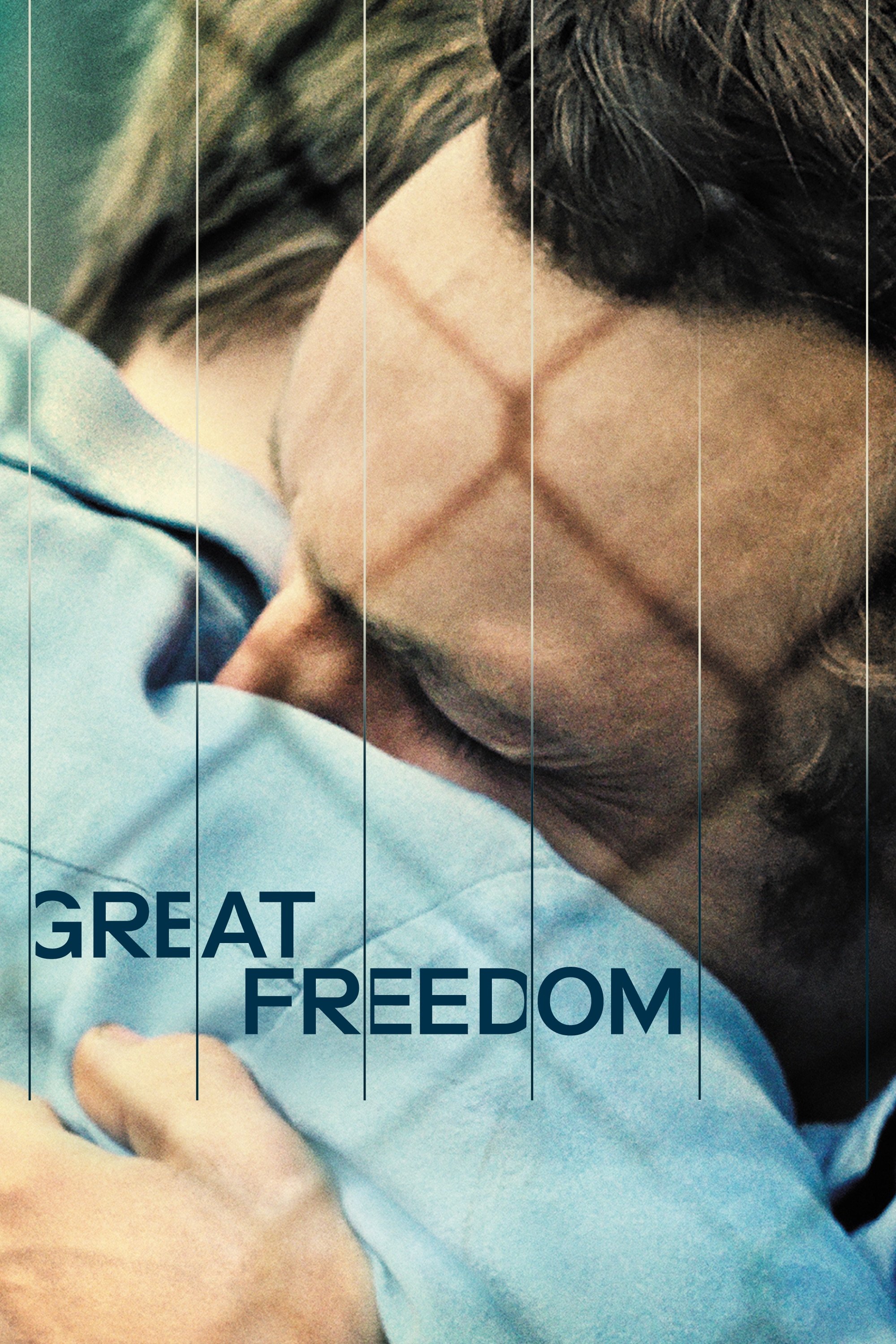
In post-war Germany, liberation by the Allies does not mean freedom for everyone. Hans Hoffmann is repeatedly imprisoned under Paragraph 175, which criminalizes homosexuality. Nevertheless, over the decades, he continues his quest for freedom and love, even if he finds it in the most unusual places.
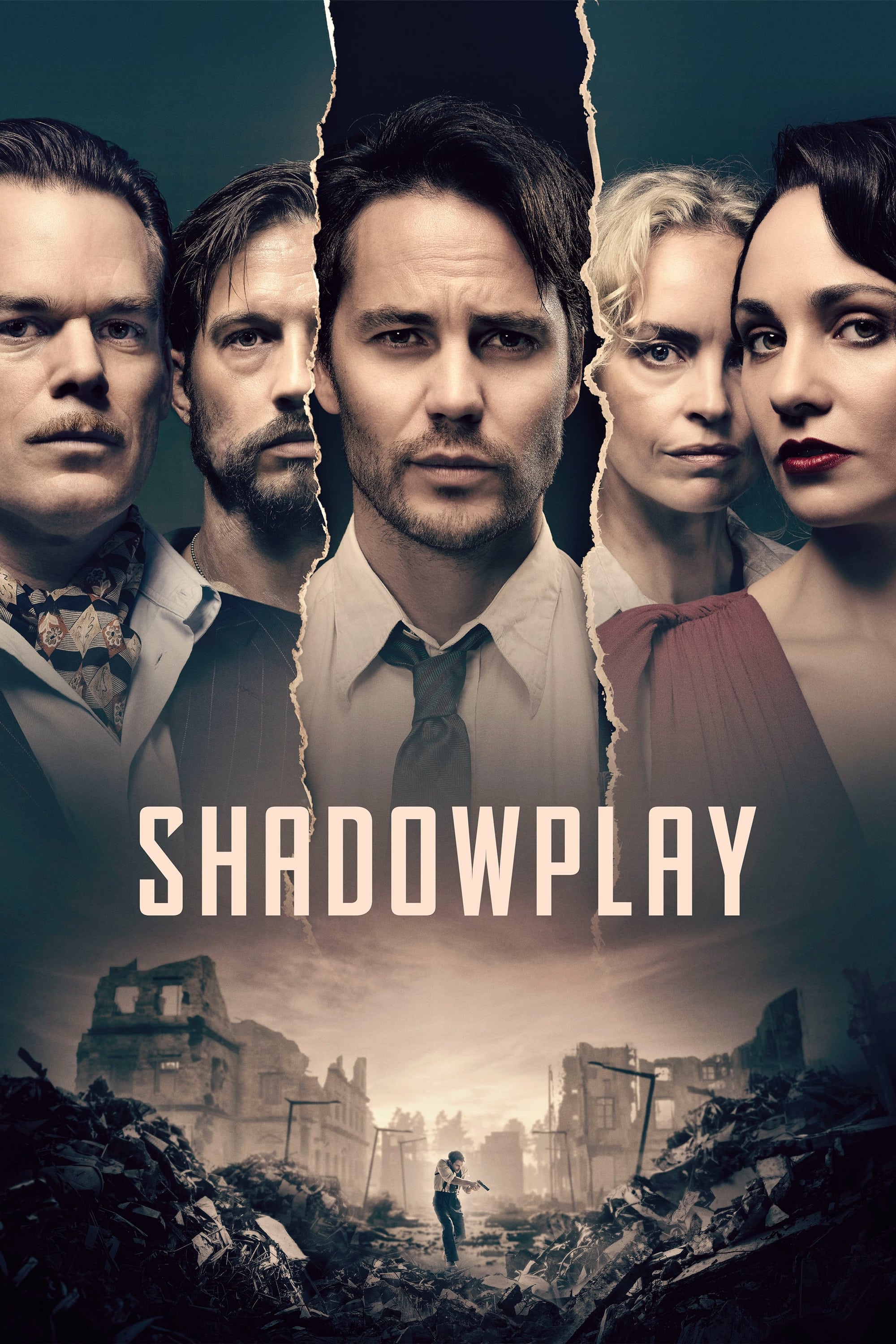
In 1946 Berlin, an American cop searches for his missing brother while helping a novice German policewoman fight the violent crimes engulfing the city.
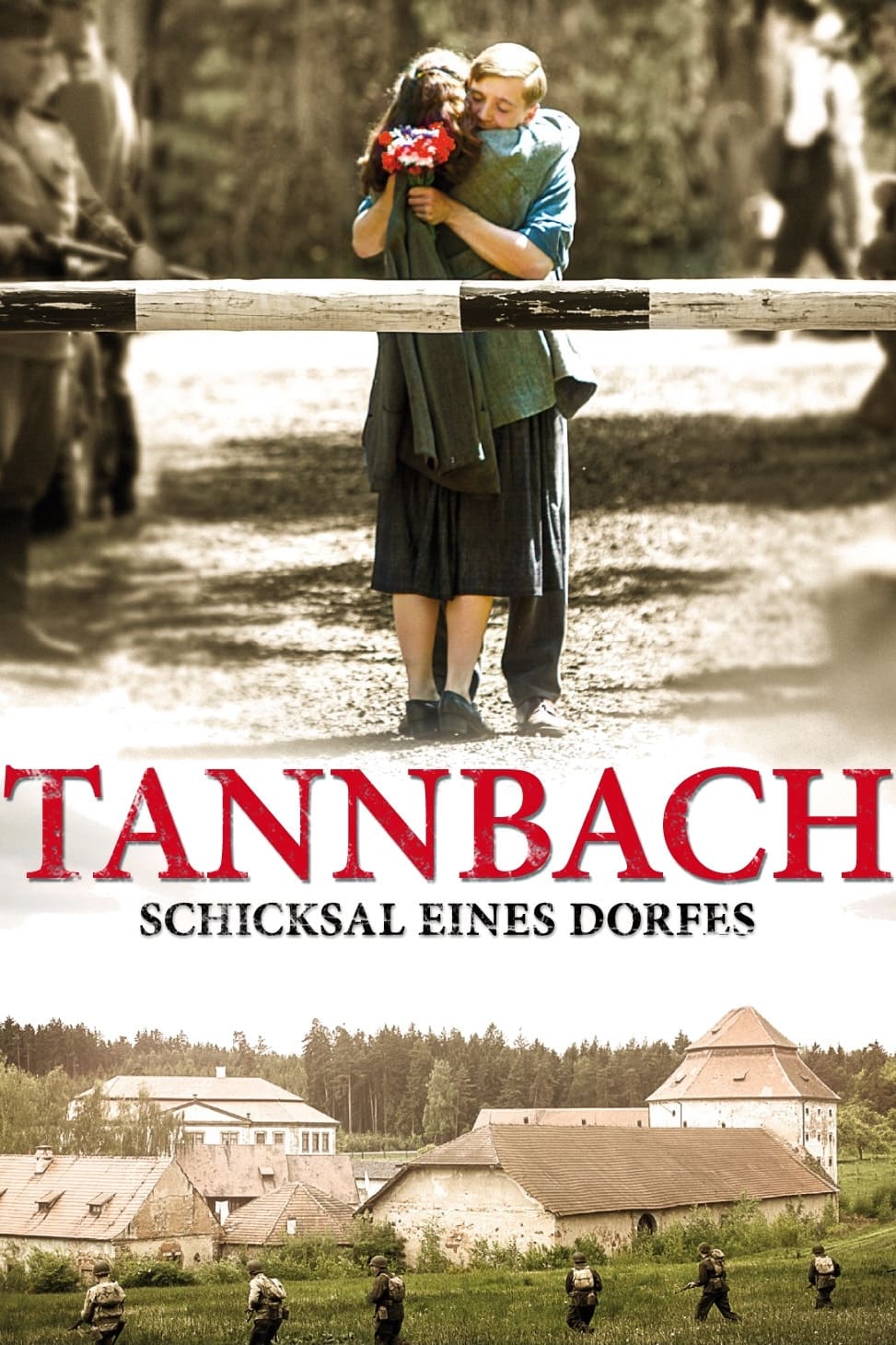
After the fall of the Third Reich, the small town of Tannbach is cruelly divided between East and West regimes and the town’s inhabitants suffer the consequences. A gripping historical drama exploring the devastating effects decades of conflict had on communities from the end of the Second War War to the fall of the Berlin Wall.
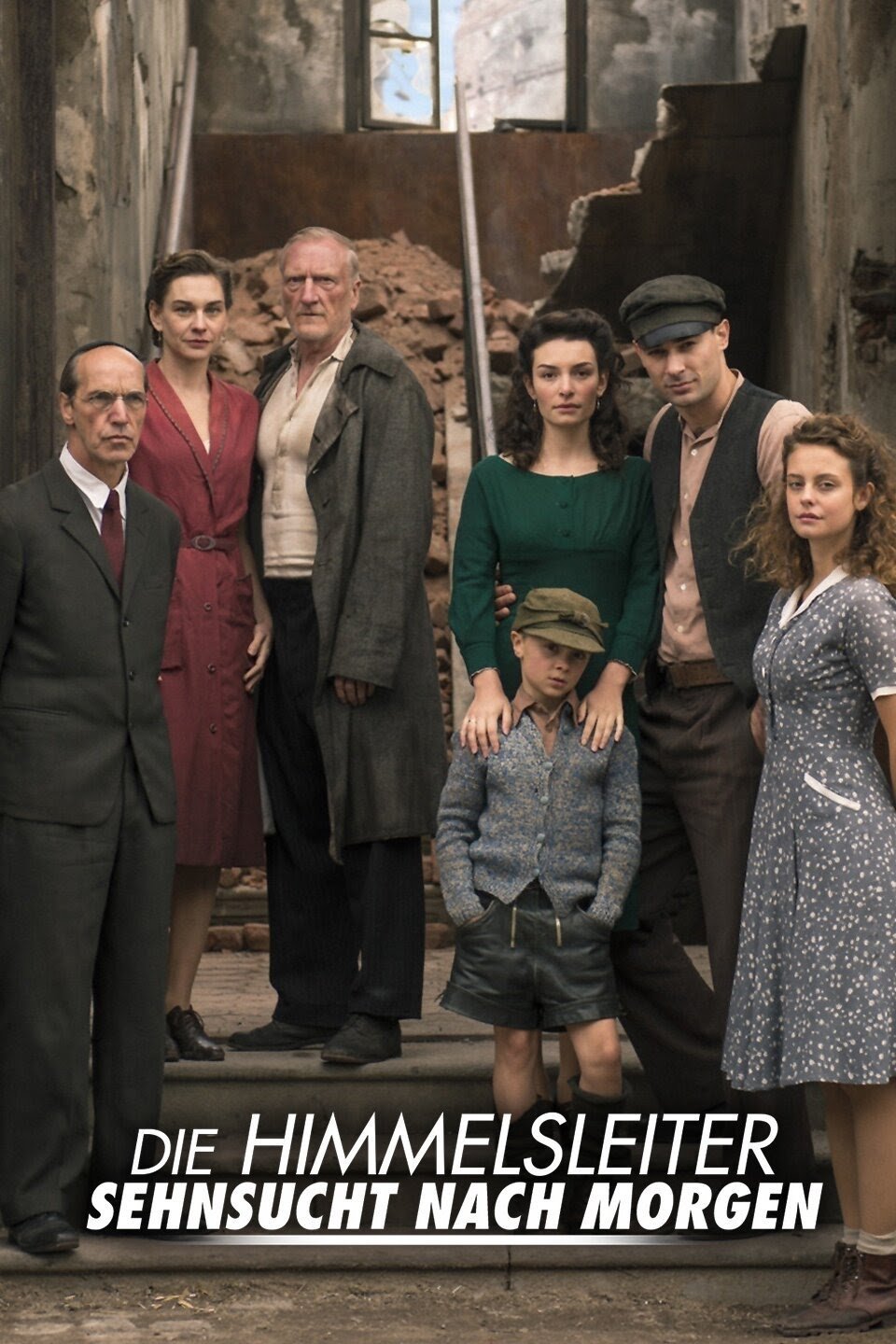
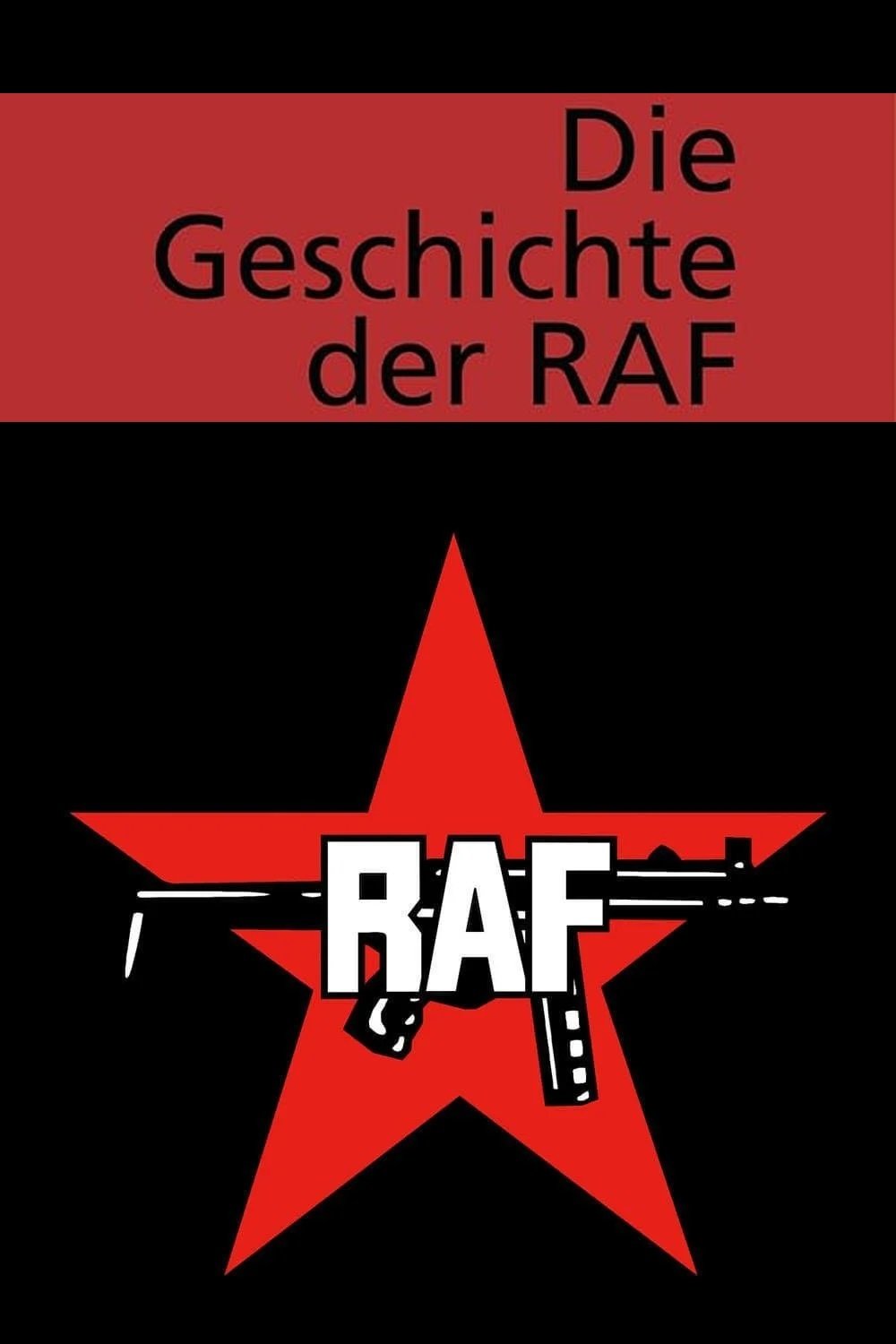
In 2014, Germany television network ZDF commissioned a comprehensive TV documentary on the history of the Red Army Faction (RAF). In six 45-minute parts, the series describes the origins, rise, and fall of the terrorist organization "Red Army Faction." Interviewees include Winfried Ridder, former head of department at the Federal Office for the Protection of the Constitution; Rainer Hofmeyer, former head of department at the Federal Criminal Police Office; and political scientist Dr. Wolfgang Kraushaar.

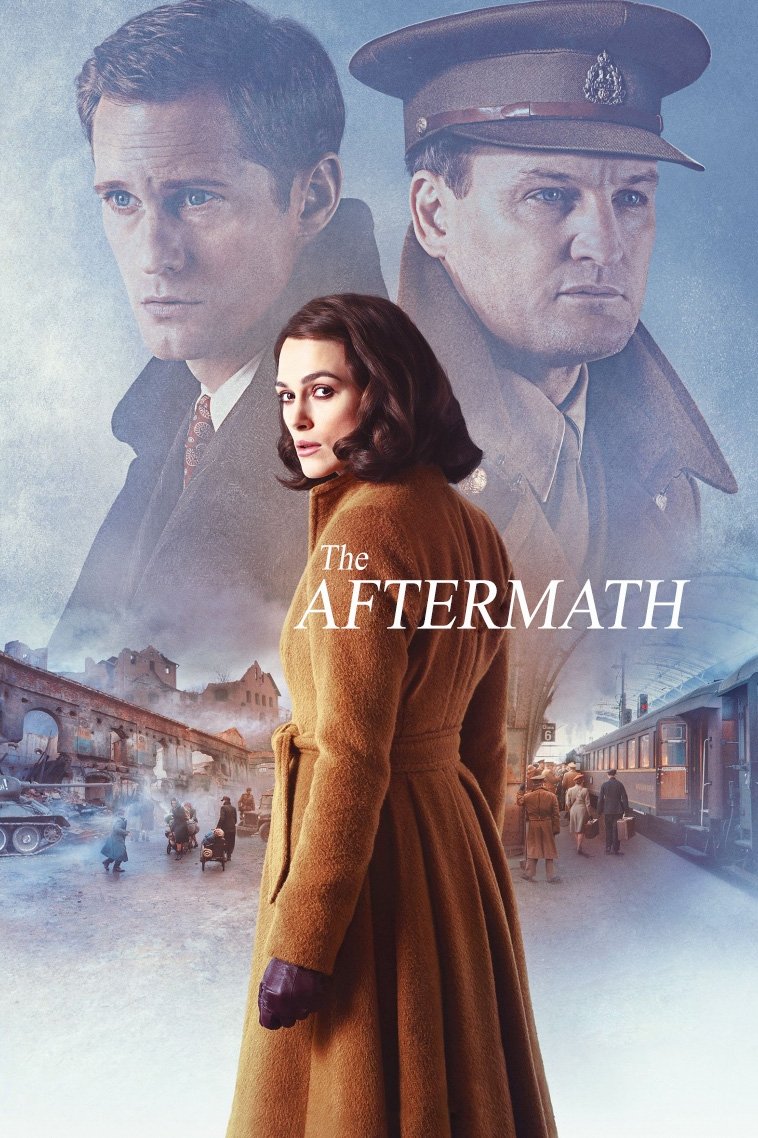
In the aftermath of World War II, a British colonel and his wife are assigned to live in Hamburg during the post-war reconstruction, but tensions arise with the German widower who lives with them.
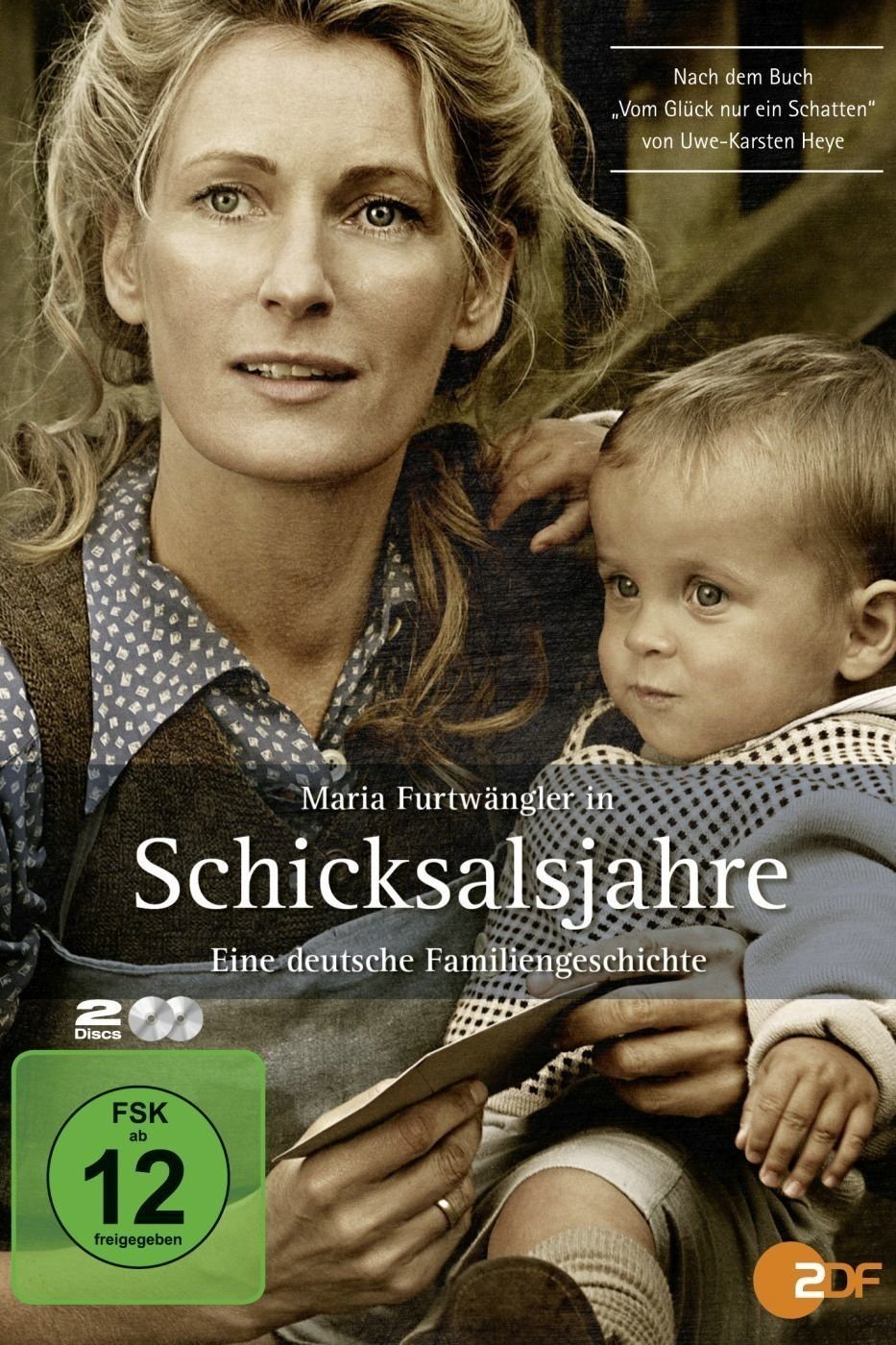
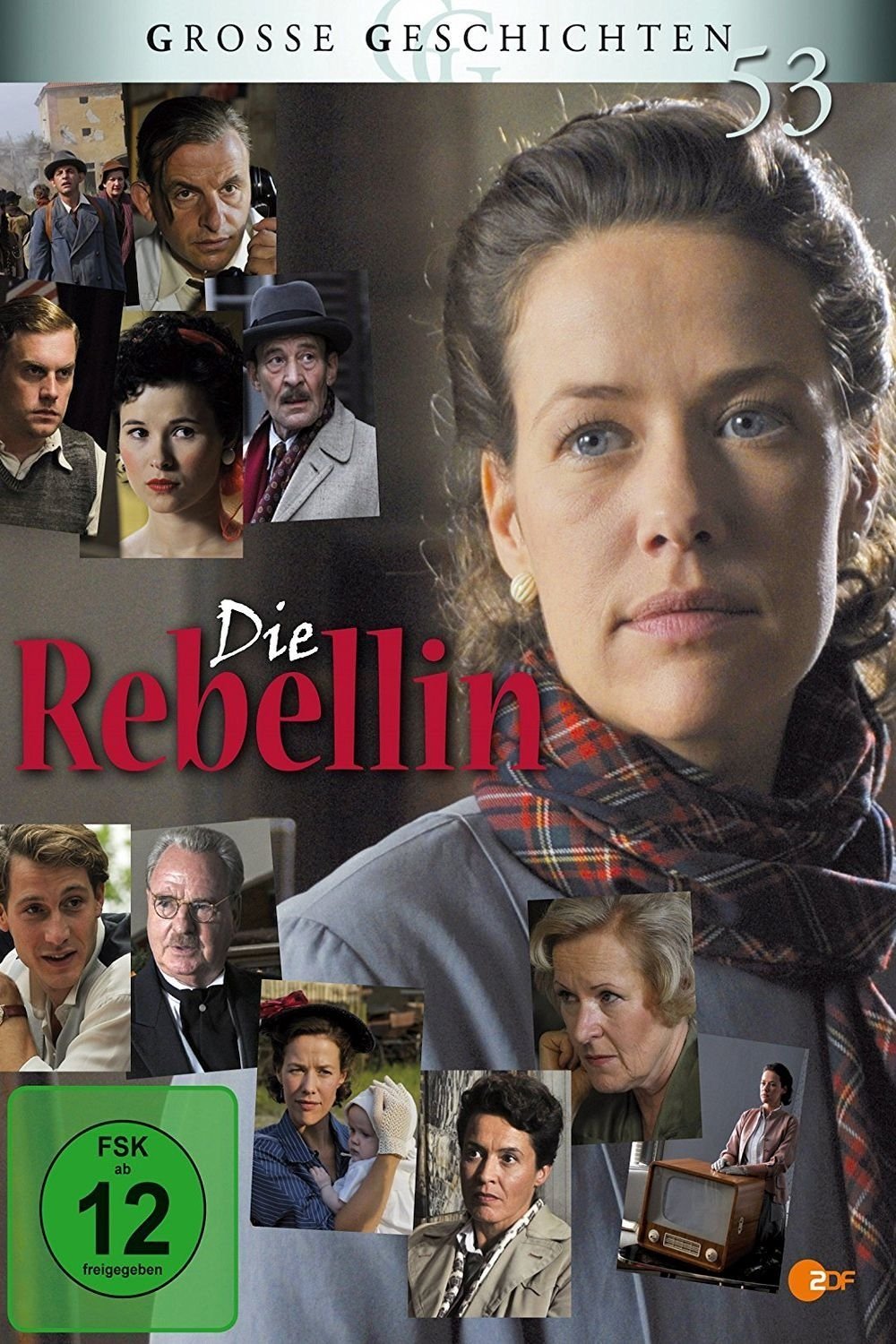
Lena's father works as a developer in Hitler's high-tech forge, where the famous unit receiver E1 was developed. When he dies in 1945, he leaves a notebook with the name Sattler. He should look for Lena. Lena is stranded with her seriously ill mother Hilde and her sister Betty in a village near Fürth. Here she meets two men: Walter Juskowiak, returnees from prisoner of war, with whom she meets, and Hans Sattler. The representative for radio kits turns out to be the son of Wilhelm Sattler, owner of the Sattler works in Fürth. Lena is sure to have finally found the right man.

"Löwengrube – Die Grandauers und ihre Zeit" is a German television series first aired between 1989 and 1992, created by Willy Purucker and directed by Rainer Wolffhardt. It is set in Munich and follows the lives of Ludwig Grandauer and his son Karl, both policemen, covering the years from 1897 to 1954. The TV show is based on Purucker's radio play series Die Grandauers und ihre Zeit (‘The Grandauers and their time’). The series’ main title "Löwengrube", meaning ‘Lions’ Den’, refers to the address of the Munich Police Headquarters inaugurated in 1913.
Documentary about Kurt Landauer, the long-time Jewish president of FC Bayern München, who led the club to its first German championship, was persecuted and forced out of office by the Nazis, and rebuilt the club after the war.
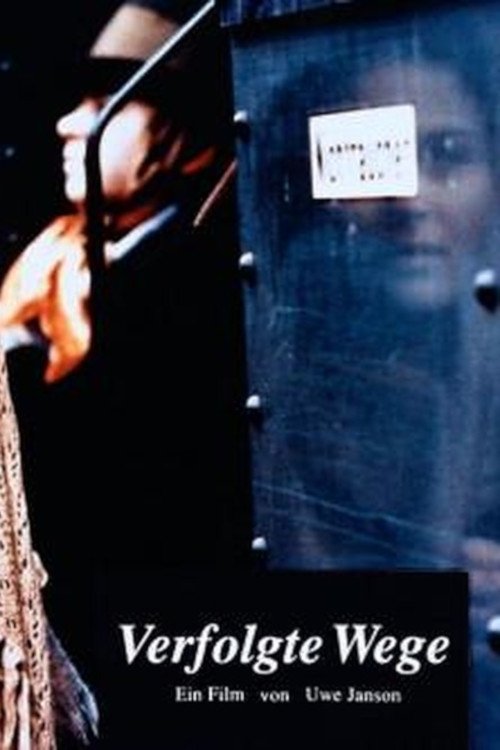
Post-war Germany in 1946 while people are struggling to make ends meet, the film follows Hermann, a war veteran who finds employment at a train station. As he falls in love with an agricultural worker and starts comitting thefts, his fragile psyche seems to fall more and more out of balance.

A "What if?" alternative history sees Nazi Germany prevailing in the second World War. First the occupiers establish their power bases, before they find themselves under attack from the underground resistance.
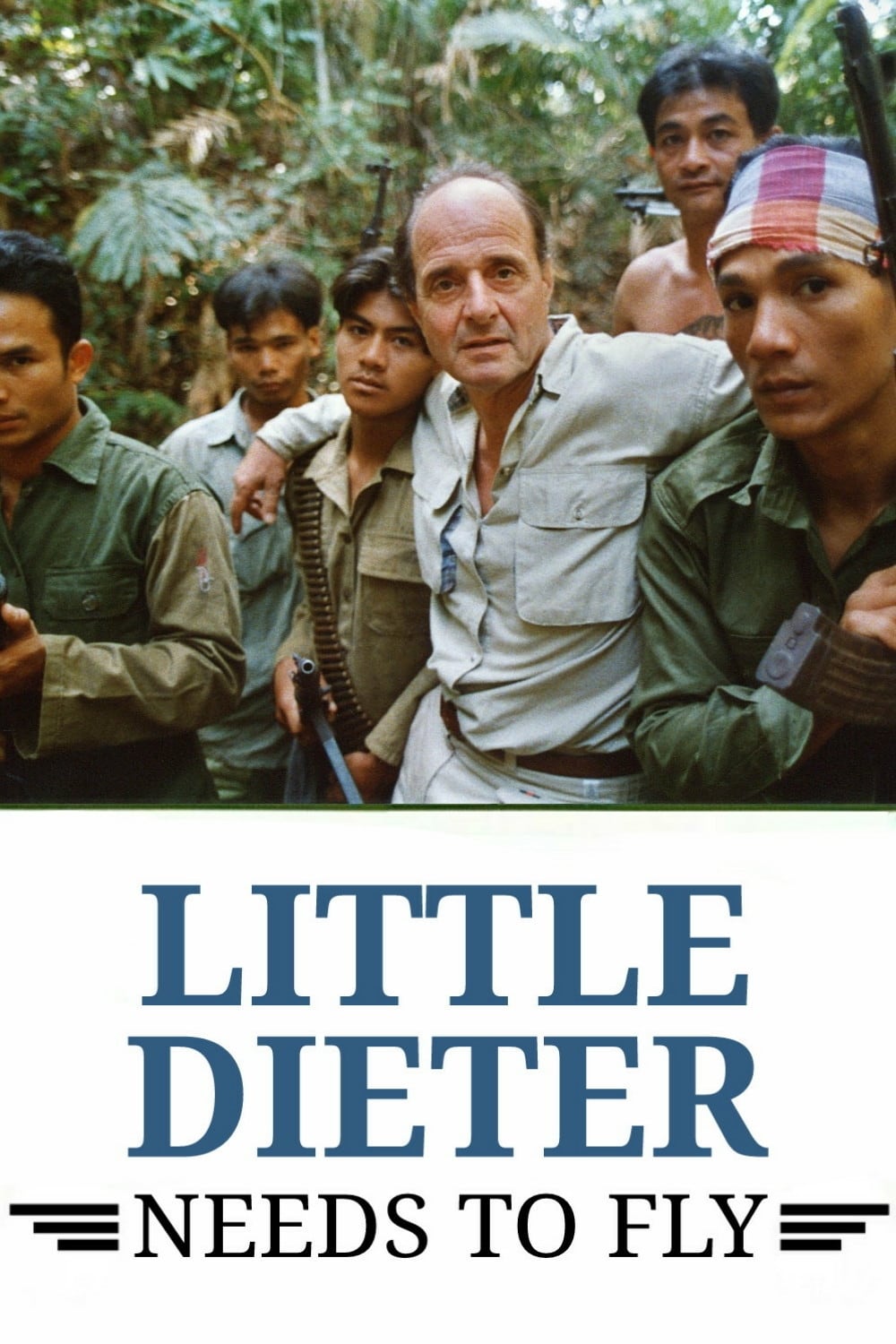
Three decades after German-American pilot Dieter Dengler was shot down over Laos, he returns to the places where he was held prisoner during the early years of the Vietnam War. Accompanied by director Werner Herzog, Dengler describes in unusually candid detail his captivity, the friendships he made, and his daring escape. Not willing to stop there, Herzog even persuades his subject to re-enact certain tortures, with the help of some willing local villagers.
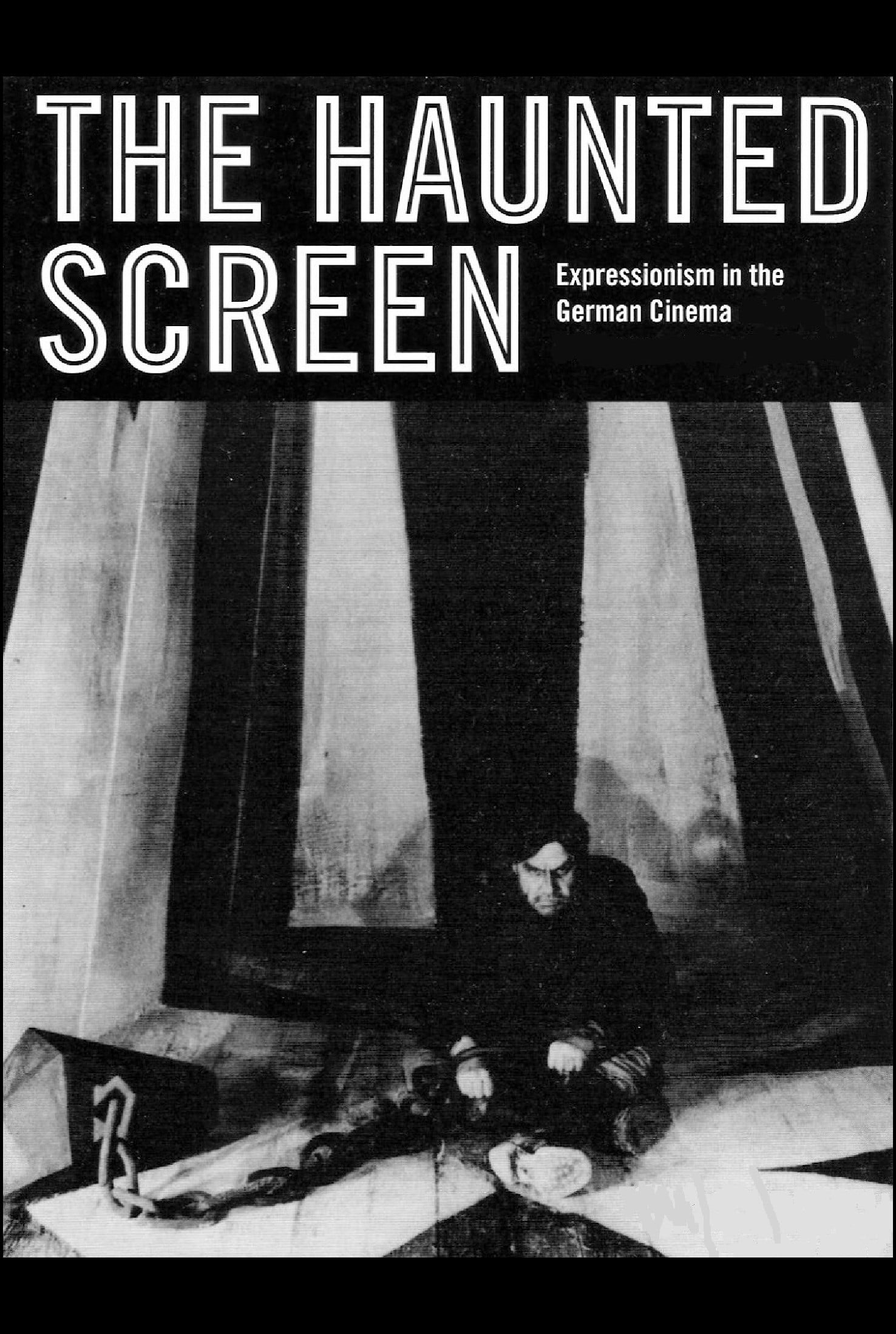
In this film essay, critic Peter Buchka explores the German cinema of the 1920s, ranging from the disquieting images of Fritz Lang's Metropolis to the castrating sexuality of Marlene Dietrich in Die Blaue Engel. The program provides an introduction to Weimar cinema, with Buchka's essay narrated over the images from film clips of 1920s era German films.
By browsing this website, you accept our cookies policy.